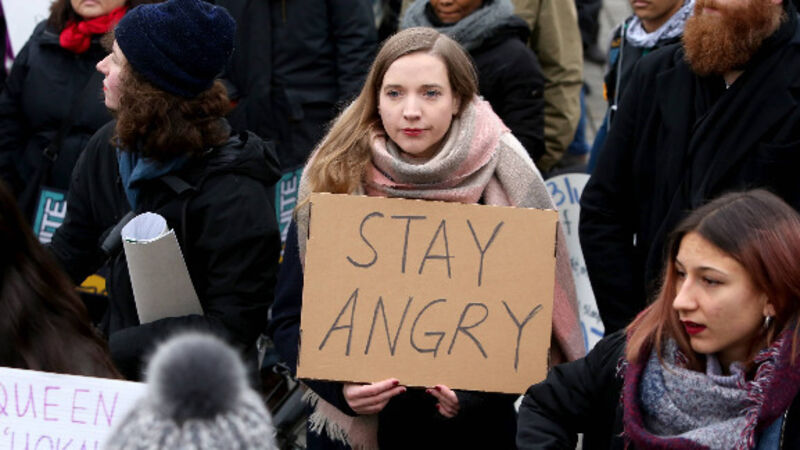Billions need to see fight against oppression grow — me too

Haven’t we come a long way from the Kerry Babies to the Me Too movement? And yet, have we gone nearly far enough?
The 1980s started with the Kerry Babies, and with the sad and lonely death of Anne Lovett and her newborn son in a field in Co Longford. Months apart, two young women gave birth to babies, and it led to the destruction of their lives.

















